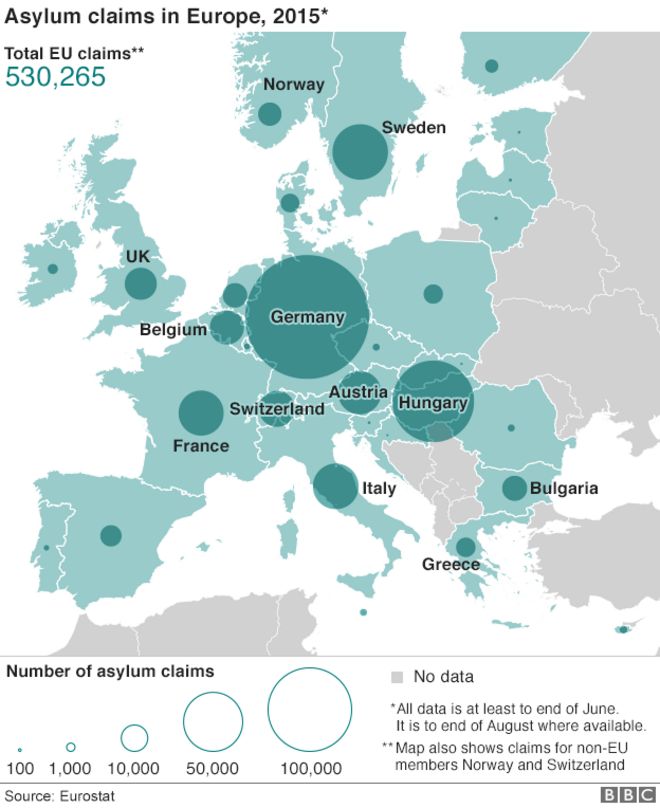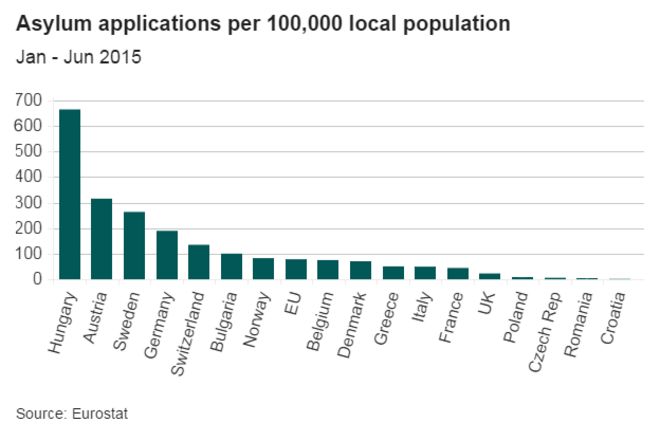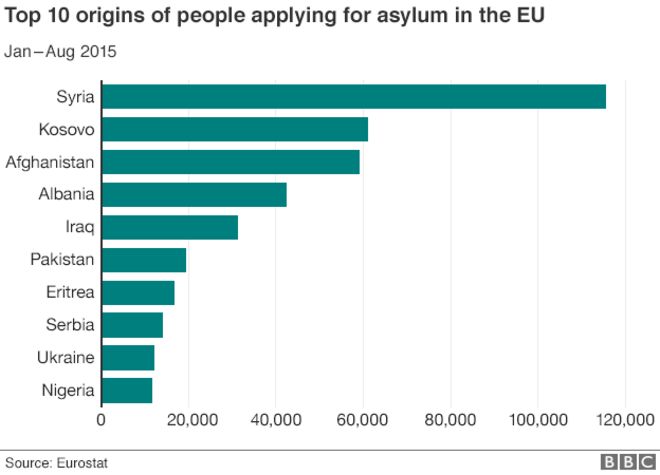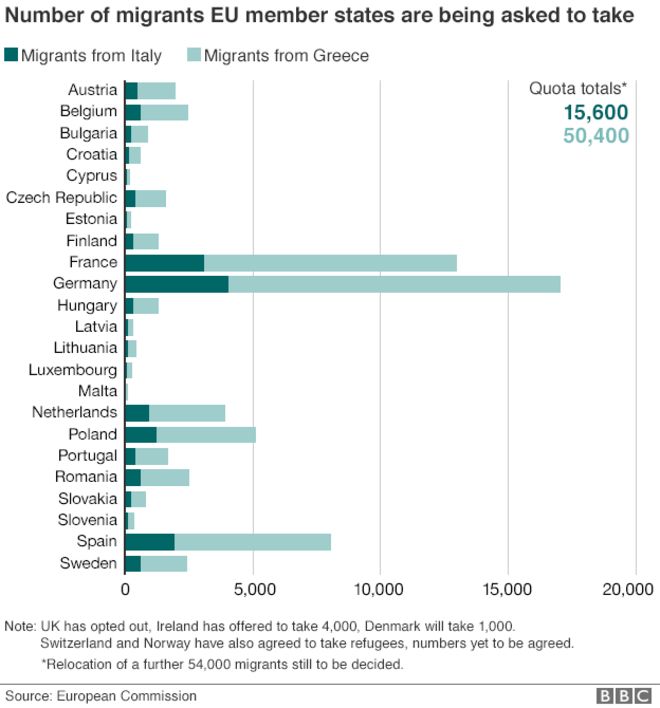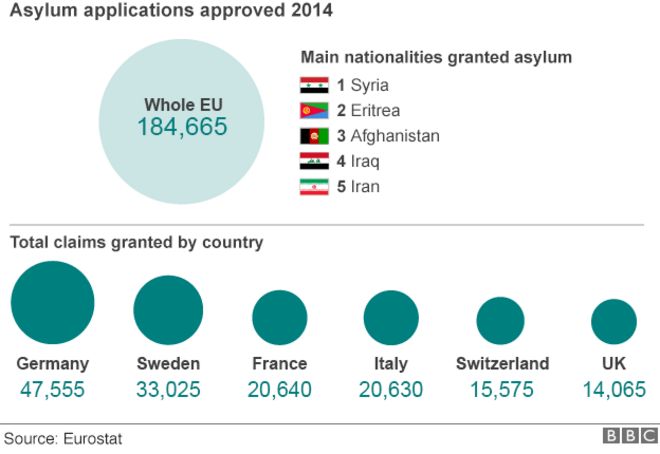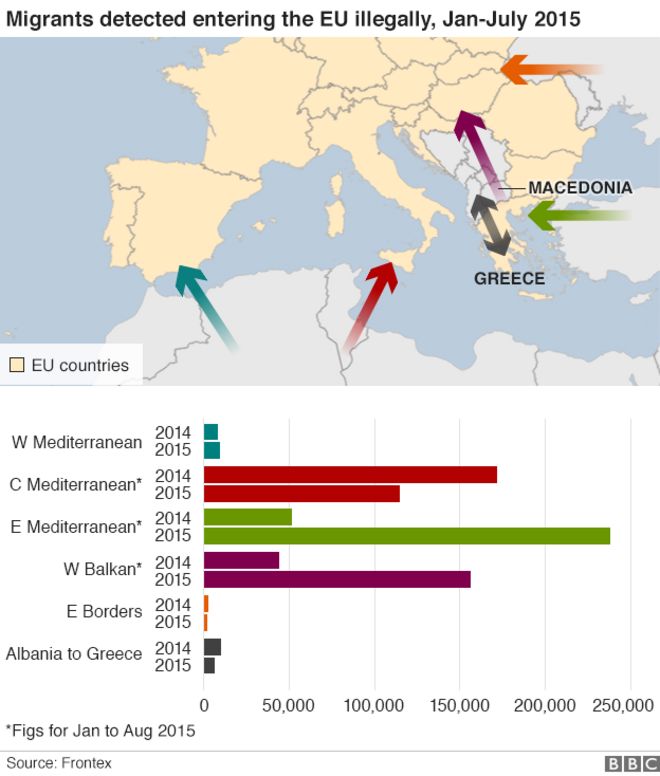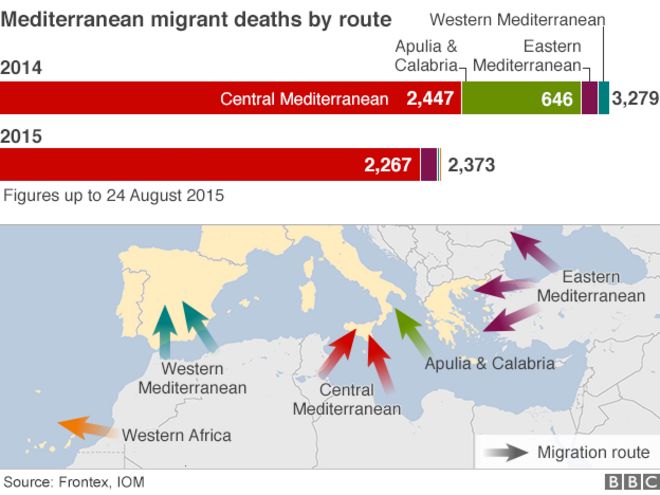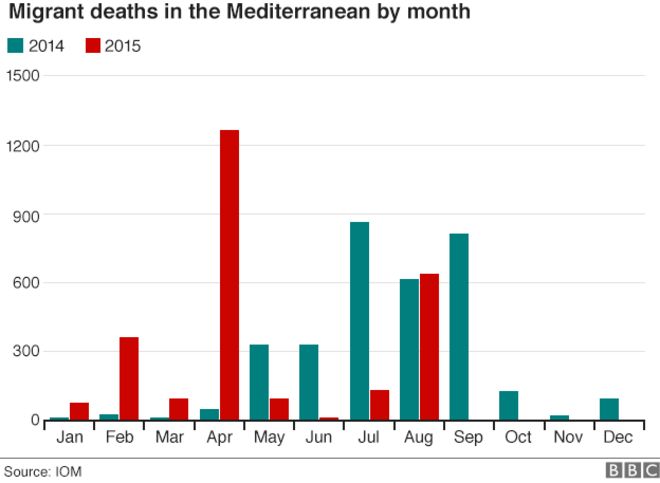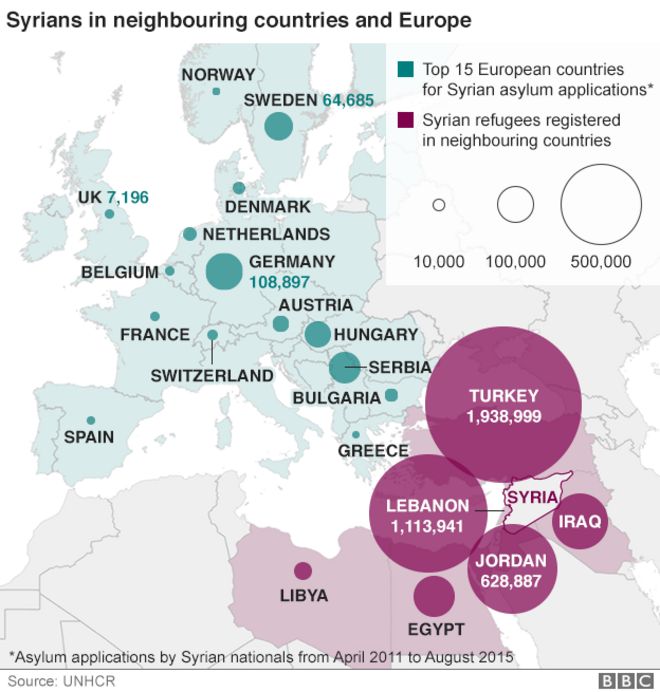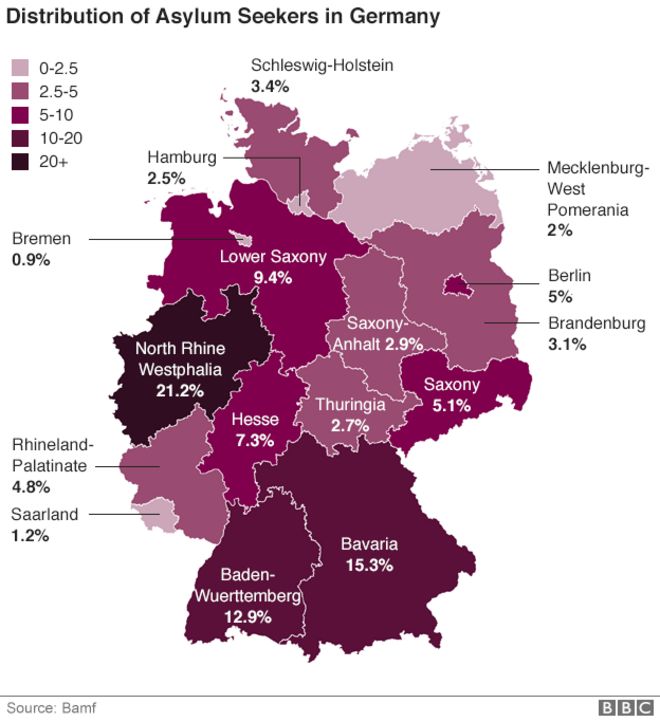During Fiscal Year 2014, U.S. Citizenship and Immigration Services (USCIS) applied 1,519 exemptions to individual applicants under the Secretary of Homeland Security’s exercises of discretionary authority.1 Of those 1,519 exemptions:
806 were processed for refugee applicants,
19 were processed for asylum applicants,
614 were processed for applicants for lawful permanent resident status,
29 were processed for beneficiaries of petitions for derivative refugee or asylum status,
34 were processed for applicants for Temporary Protected Status,
9 were processed for applicants for Nicaraguan Adjustment and Central American Relief Act (NACARA); and
7 were processed for applicants for relief before the U.S. Department of Justice Executive Office for Immigration Review (EOIR).
Regarding the reasons for the 1,519 exemptions:
627 were processed for an applicant’s provision of material support, while under duress, to an undesignated terrorist organization as defined at INA section 212(a)(3)(B)(vi)(III), 8 U.S.C. § 1182(a)(3)(B)(vi)(III) (Tier III terrorist organization), under the Secretary of Homeland Security’s February 26, 2007 exercise of authority relating to Tier III organizations,
189 were processed for an applicant’s provision of material support, while under duress, to a designated terrorist organization as defined under INA section 212(a)(3)(B)(vi)(I)-(II), 8 U.S.C. § 1182(a)(3)(B)(vi)(I)-(II) (Tier I or II terrorist organization), under the Secretary’s April 27, 2007 exercise of authority relating to Tier I and Tier II organizations,
9 were processed for an applicant’s receipt of military-type training, while under duress, from a terrorist organization, under the Secretary’s January 7, 2011 exercise of authority relating to Tier I, Tier II and Tier III organizations,
28 were processed for an applicant’s provision of voluntary medical care to members of a terrorist organization in the course of their professional responsibilities without assisting in the violent activities of an organization or individual, under the Secretary’s October 13, 2011 exercise of authority relating to Tier I, Tier II and Tier III organizations,
37 were processed for certain qualified aliens with existing immigration benefits under the Limited General Exemption2 who: provided material support to, solicited funds for, solicited individuals for membership in or received military-type training from certain qualified Tier III terrorist organizations, under the Secretary’s August 10, 2012 exercise of authority relating to certain Tier III organizations;3 and
628 were processed for applicants who had certain activities or affiliations with specific groups which the Secretary of Homeland Security, in consultation with the Secretary of State and the Attorney General, has approved for consideration of an exemption.4
Exemptions allow certain refugees and other aliens the opportunity to receive a benefit or protection following the successful completion of a thorough vetting process. USCIS procedures require that all applicants’ names and fingerprints be checked against a broad array of records of individuals known to be security threats, including the terrorist watch list, and those of law enforcement concern. In addition to rigorous background vetting, including checks coordinated across several government agencies, the Secretary of Homeland Security’s discretionary authority is only applied on a case-by-case basis after careful review of all factors and all security checks have cleared.
Read the full DHS report here.


